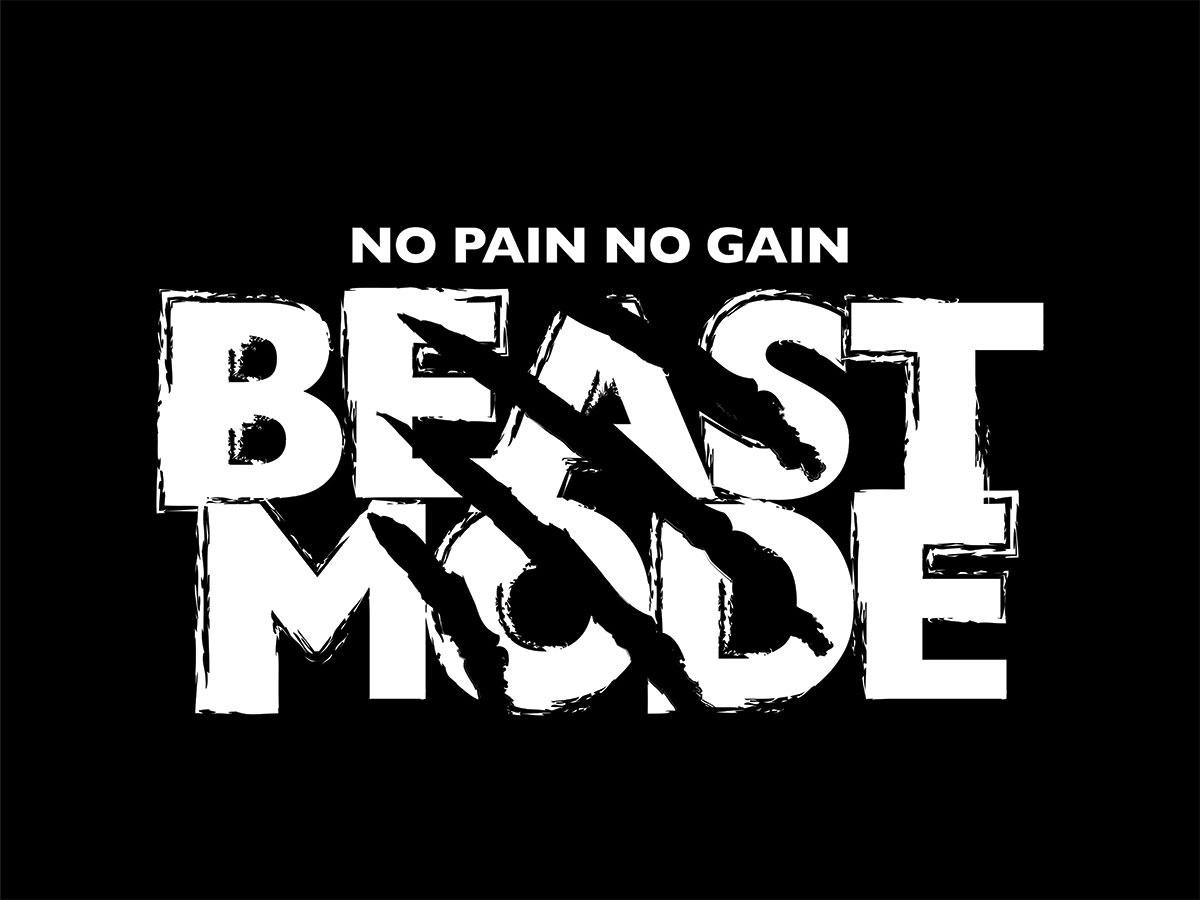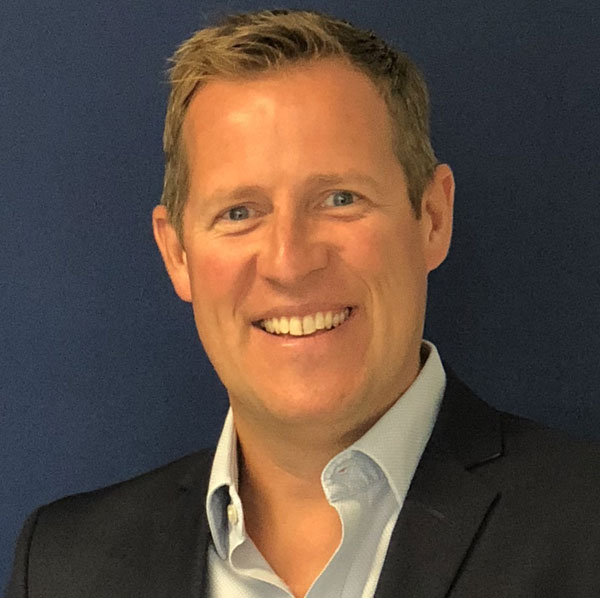At the recent Evolve 2023 conference, one of the key takeaways was around the need for the sector to develop a fresh vocabulary to enable it to both appeal to a wider consumer audience and better influence government. The baton was taken up by Tara Dillon, CEO of CIMPSA, who quickly committed to organising a series of round table meetings on this subject during the latter part of 2023 and into 2024.
Speaker Keith Smith addressed consumer engagement with exercise and the power of language, questioning why anyone would want to “work out” after a day of work and why we use this term. Yet this clanger is just the tip of the iceberg in a sector that still talks about being ‘beach body ready’, ‘losing calories fast’, ‘looking good naked’, being ‘stronger than your excuses’ and ‘harder faster stronger’ and where calls to action include the likes of ‘we’re all bodybuilders, so build the house you want to live in’ and ‘if it doesn’t challenge you, it doesn’t change you’. Where much of what we say as an industry verges on fat shaming.
We need to change the way we speak to change the way we think – and the way others think about us, because the main reason for considering the language we use as a sector is – of course – because it impacts how others perceive us.
Are people listening?
We also need to be conscious of how people absorb even well-chosen language. Ronald B Adler, the American academic and expert in the science of communication, found adults spend around 70 per cent of their time engaged in ‘communication’, of which 30 per cent is speaking, 25 per cent reading and 45 per cent listening.
But the bad news is, we’re losing our listening skills and the digital age is having a negative impact on the way we absorb, remember and recall what we’ve heard.
Take as a simple example a health club’s induction process. By the time people are receiving the sixth instruction, they can have difficulty remembering the first. How many of us could soak up every word and replay it at will? The question is, what should we be doing about this to better engage consumers?
Answers to all these challenges must be factored into our deliberations around language from both consumer- and government-facing perspectives, but we seem largely oblivious to – or unperturbed by – our inability to communicate with either the wider consumer market or the right levels of government.
The starting point
From a political perspective, our starting point is weak. Our sector suffers from a crisis of identity, a lack of focus, no aggregated data around a slew of metrics deemed vital by government, poor pathways and too many under-funded representing organisations. We need more political champions, more political influence and greater common knowledge.
To give an idea of the extent of the challenge, it’s worth pointing out that DCMS has no priority outcomes for our sector. Government made no direct funding at all for the fitness sector during the pandemic and just £195m of funding was offered in March 2023 to help the sport and physical activity sector with the energy crisis – only £60m for swimming pools – with applications for that fund only opening in June 2023, many months after the crisis hit.
The current situation comes down to the sector having no common language, no focus, no-one ‘in the room’ in terms of true political power, and no ability to provide shared spending, participation or usage data.
What does success look like?
Arnold Schwarzenegger – who learned the art of selling as a teenage apprentice in a hardware shop in Austria – famously said, “you can sell anything with the right message and strategy and if you find the right way of communicating, you can unlock outcomes that are impossible to achieve any other way.”
Let’s firstly look at where other sectors have had successes so we can learn from this. Take as an example the Culture Recovery Fund, which was established in March 2020 and received £1.57bn government funding just four months later, on 5 July 2020.
In April 2023, a robust evaluation of the impact of this funding in supporting nearly 220,000 jobs and 5,000 organisations through the pandemic was published by independent consultants Ecorys, which provided clear evidence the fund had worked.
I suggest this fund was a success because it had a common language, shared data, focus and the right people in the right place at the right time to get things done.
Listen, learn, refine
We know the opportunities are there for our sector, with health higher on the agenda than ever before.
In a report published earlier this year – Healthy Britain: A new approach to health and wellbeing policy – Labour MP Kim Leadbeater called for a major transformation in the way government protects the health and wellbeing of all citizens. One of the proposals was to put physical literacy and wellbeing at the heart of a ‘curriculum for life’.
How we communicate as a sector will determine if we are to be part of the solution when it comes to delivering on this and other similarly compelling agendas.
On the recommendation of industry guru Andy King, I’ve been reading Stephen Covey, author of The 7 Habits of Highly Effective People, who suggests we should “seek first to understand before being understood”.
If we genuinely want to be part of the way this country improves population health, we need to be humble and resist ‘overselling our wares’. We need to acknowledge that we’re part of a system – that we have a role to play, but that we’re not the only panacea to challenges in a complex situation.
We need to respect others’ opinions and listen to what people need, rather than focusing on what we think we want to sell. We need to genuinely want to learn and be willing to play a part in delivering on priorities we did not choose. We need to be ‘in the room’, with a mindset that’s about contribution, not what we can take away.
In Greater Manchester, where Andy King has made such a valuable contribution to the wellbeing of local people, this approach has already seen operators co-design and co-create the NHS award-winning Prehab4Cancer service, which will support 10,000 patients on their journey through treatment over the next two years.
The way forward
In an age when many are losing their capacity to listen, hear and absorb, I have a suggestion. Over the coming year, let’s try to notice how – individually and together – we can truly listen to those around us. Listen afresh and listen attentively. Once we’ve done that, we’ll be in a better position to forge appropriate language to take our sector forward.
































































